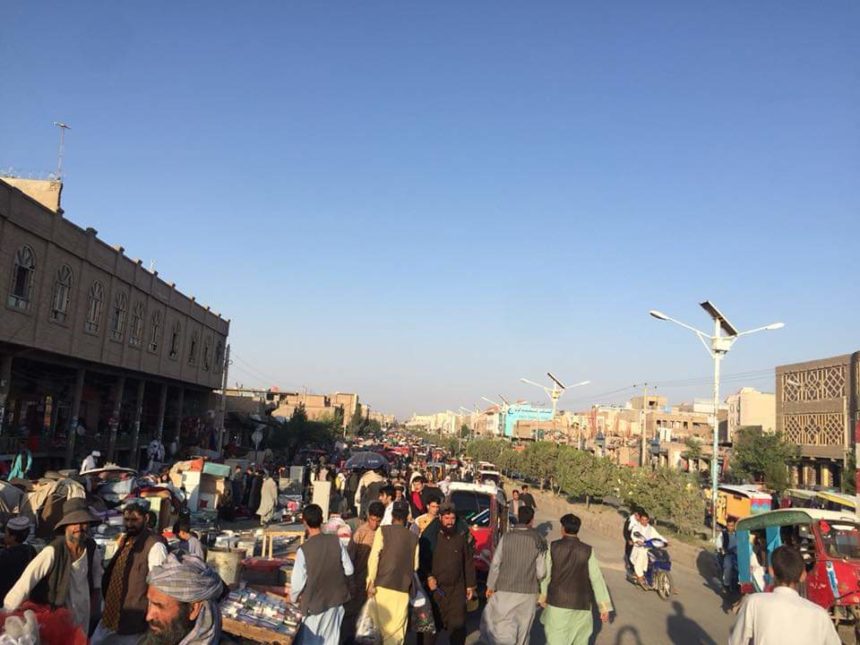RASC News Agency: A segment of the inhabitants in the province of Herat, located in the western expanse of Afghanistan, assert that specific families, contending with the perils of poverty, unemployment, and acute economic fluctuations, have resorted to liquidating their domestic assets. Asef Faqiri, a resident of the province of Herat, conveyed to a correspondent from RASC News Agency on Wednesday, December 20th, that “with recent developments and the prevailing influence of the Taliban in Afghanistan, numerous families lack the means to acquire even half a kilogram of rice.”
He added that he has embarked on multiple journeys to Iran for employment, yet due to the devaluation of the currency in that country, he was compelled to return to Afghanistan. Faqiri further expounded that, recently, confronted with financial strains, some of their household items were divested. He asserted, “In dire economic circumstances, people vend a carpet, whose monetary value exceeds 10,000 Kabuli rupees, for less than 3,000 Kabuli rupees, a transaction consummated within a matter of weeks.” He voiced concern that the escalating incidence of suicides among the youth is a direct consequence of the dire economic situation.
Simultaneously, Ali Ahmad, another denizen of the province of Herat, conveyed to RASC, “Household items are procured at a markedly reduced value, less than 100,000 Kabuli rupees, from certain families in Herat possessing items valued over 300,000 Kabul rupees and are subsequently retailed at an exorbitant price.” According to him, “Most individuals who liquidate their household items are either economically distressed or have departed the country due to formidable economic challenges, seeking refuge in another nation.” He contends, “All funds entering Afghanistan from European, Asian, and other countries accrue to the pockets of individuals who bear no allegiance to the people and lead their lives outside Afghanistan with their families.”
In his conviction, if the authorities in Afghanistan, governing over the people, exhibit even a mere one percent concern regarding the prevailing tribulations of the populace, no impoverished individual will persist in a country grappling with myriad difficulties. Furthermore, Moein Haidari, a civic activist in the province of Herat, asserted to RASC that such circumstances befall the people when the leaders of the country manifest indifference to both the divine and human aspects. He deems the injustices of the Taliban towards the people as a humanitarian crisis and anticipates that the grievances of the people will one day entangle all oppressors, particularly the Taliban.
Mr. Haidari adds, “It has been nearly three years since people have been subsisting on their own blood as sustenance, reaching a juncture where patience succumbs to weariness from this abnormal state.” It is noteworthy that the authorities of the Taliban have maintained silence on this matter. It must be mentioned that the province of Herat, in the western domain of Afghanistan, stands out as a region where its populace is endowed with a rich cultural and scholarly heritage. It is pertinent to mention that adverse economic conditions have compelled many of these cultured individuals and literati to engage in laborious endeavors and other strenuous activities.






